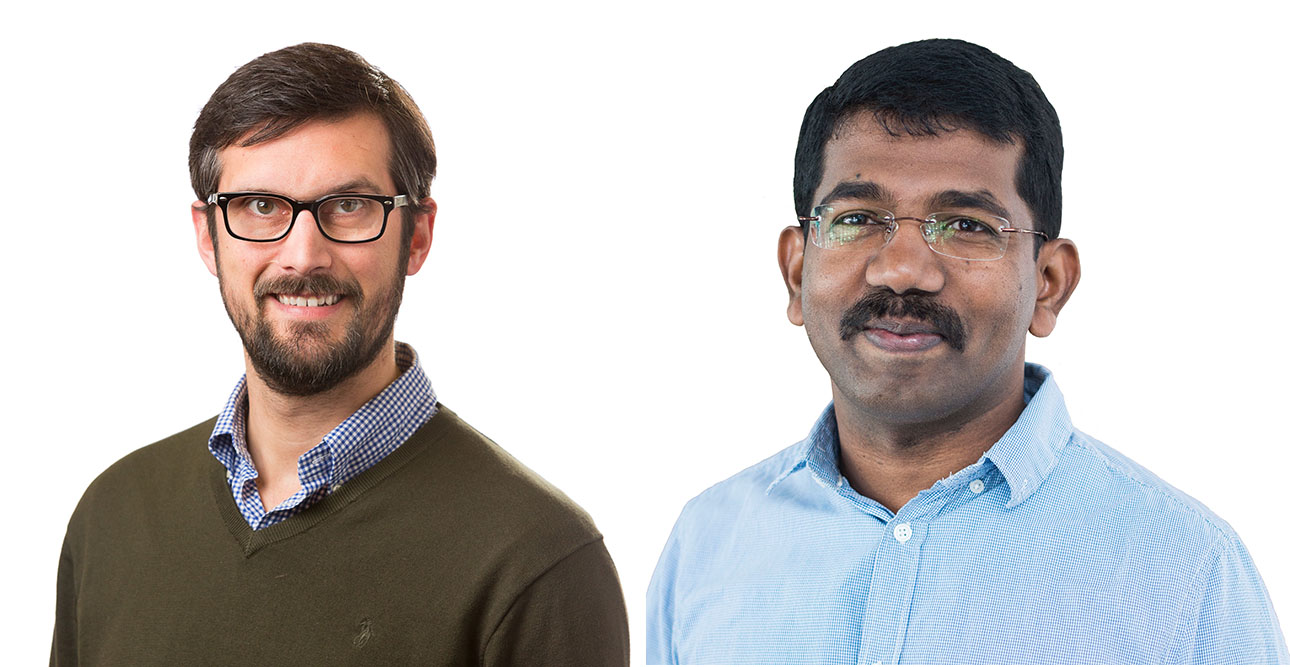16 Mar 2021
Doherty Institute researchers awarded Cancer Council Victoria grants

Two Doherty Institute researchers have been awarded Cancer Council Victoria’s Grants-in-Aid program to progress their work on leukaemia and breast cancer.
The Grants-in-Aid program funds high-quality research projects into the treatment, causes, detection and prevention of all cancers.
Dr Daniel Utzschneider, a Research Fellow in the Kallies Laboratory received one of the grants which will go towards targeting patient’s immune cells to treat leakaemia.
“T cells fighting the uncontrolled growth of tumour cells often undergo functional impairments known as ‘exhaustion’. Exhausted T cells are characterised by an impaired effector function as well as an elevated expression of checkpoint inhibitors such as PD-1,” Dr Utzschneider said.
“Critically, we and others have recently discovered a subset of exhausted T cells that retain proliferative potential and thus is able to continuously generate effector T cells that can limit tumour growth.”
These ‘precursors of exhausted’ T cells are responsible for the proliferative burst following checkpoint blockade.
In this project, Dr Utzschneider and his team will systematically characterise exhausted T cells responding to chronic lymphocytic leukaemia (CLL) with the goal to identify factors that limit T cell function and serve as novel therapeutic targets to improve T cell immunity and promote patient health.
“We hope to identify novel pathways and targets that serve as therapeutic targets to improve T cell immunity to haematologic malignancies. This can be achieved directly or in combination with known immunotherapies such as checkpoint therapy,” he said.
Dr Ajith Vasanthakumar, a Research Fellow also in the Kallies Laboratory will use his grant to focus on regulatory T cells (Tregs) which are critical to prevent autoimmunity but harmful in the context of cancer since they block the function of beneficial cancer killing immune cells.
“Blocking Tregs is a therapeutic option to boost anti-tumour or cancer killing immune cells to treat cancer. However, targeting Tregs systemically poses the risk of inducing autoimmunity,” Dr Vasanthakumar explained.
“To circumvent this issue, we propose a novel strategy to target Tregs specifically within the breast tumour environment. Given the breast tumour environment is largely composed of adipose tissue, we propose to target Tregs that reside therein by blocking their vital growth and survival factors.”
Click here to find out more about the Cancer Council Victoria’s Grants-in-Aid program.


